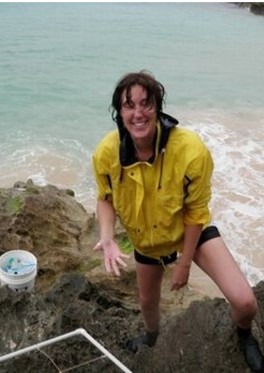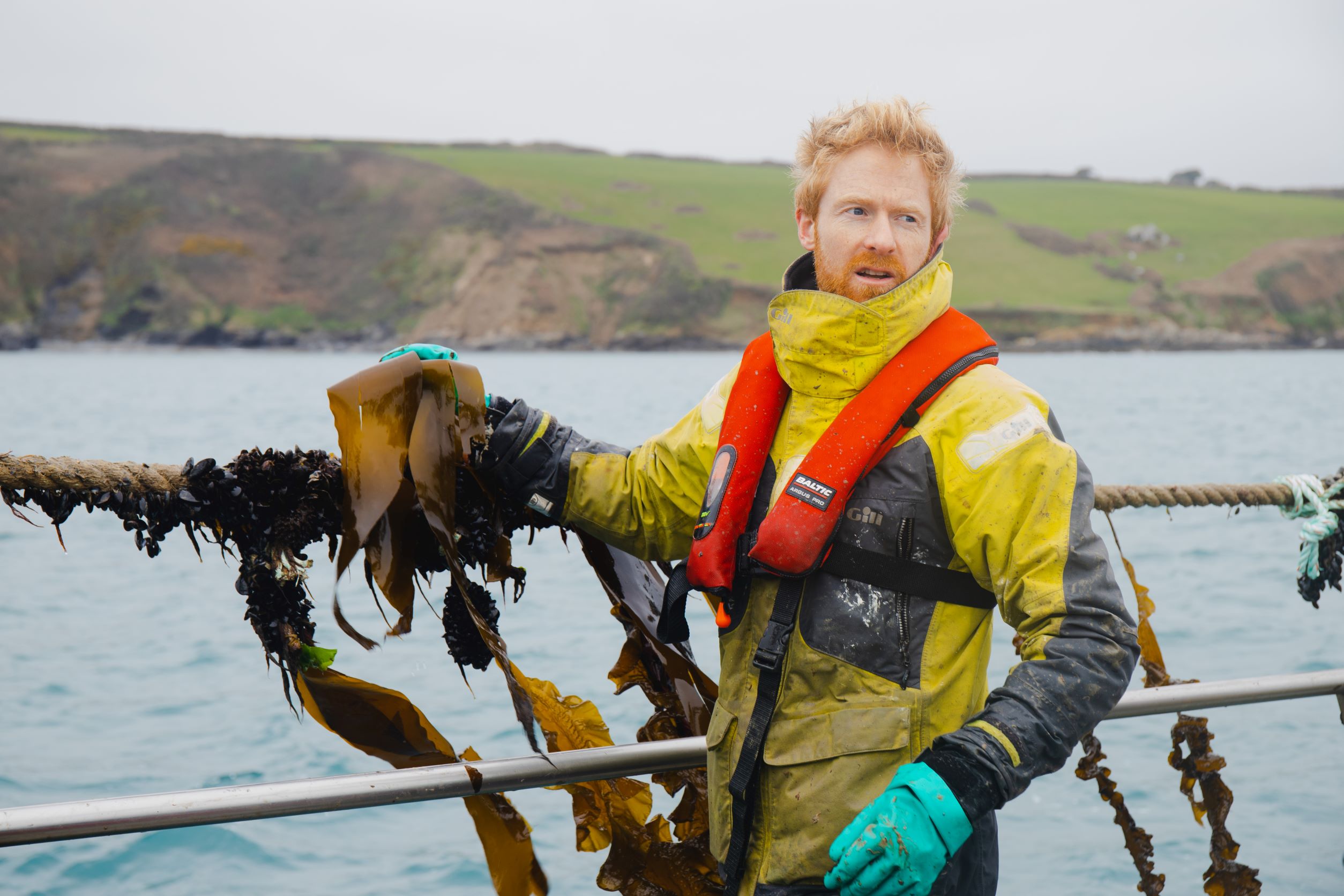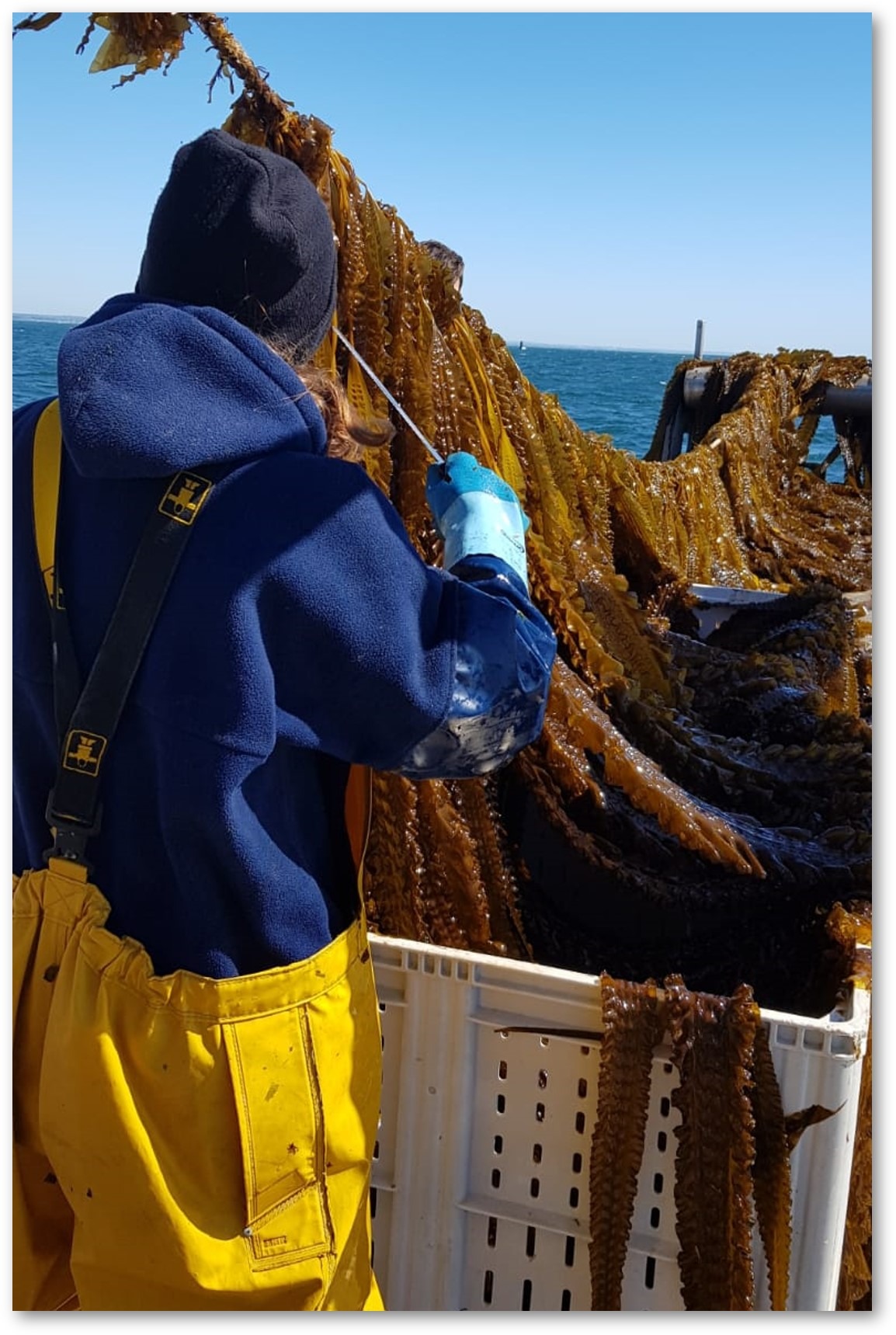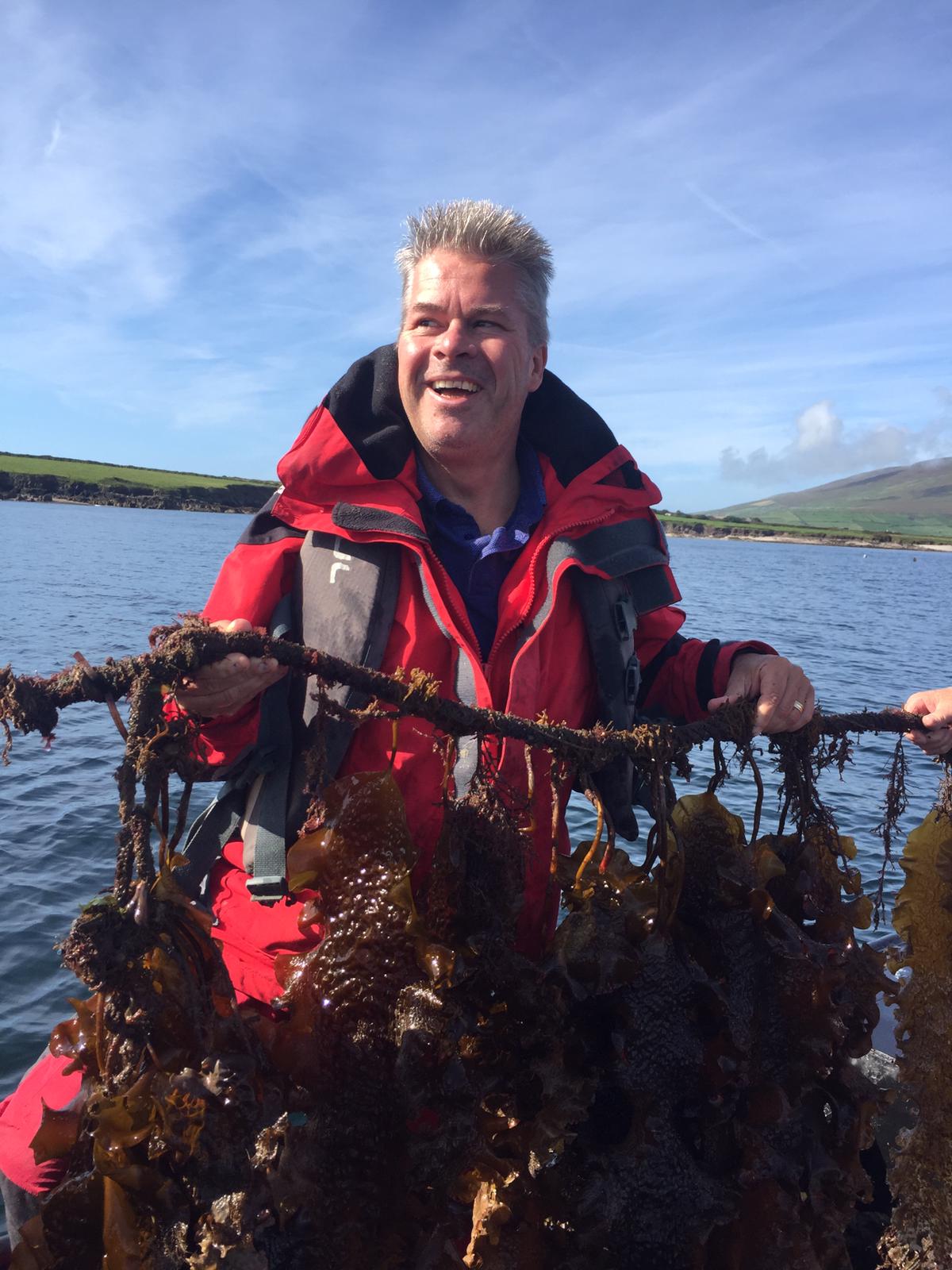Purpose of this toolkit
Starting a seaweed farm is likely the start of one of the most fulfilling parts of your life. Amongst the first steps to become a future farmer is the application for a licence, guaranteeing you the right to farm a plot of ocean. Being a novel and evolving industry in Europe, licensing procedures are often not well established. This means that the licence application process can be anything but straightforward and require knowledge, time and resources to complete. To aid through this process, Seaweed for Europe has compiled general, and country-specific information and resources to guide future farmers through their licensing process. Please note that this toolkit focuses on the licensing process for seaweed farming, not wild harvesting.
The toolkit is structured in two main sections:
- General considerations and learnings about obtaining a seaweed farming licence. This section gives prospective farmers an overview of what to expect when going through the licensing process and provides pointers for success.
- Country-specific licensing processes including the specific steps and commonly encountered obstacles when applying for a seaweed farm licence in a particular European country.
The Licensing Toolkit also provides relevant resources and showcases of fellow seaweed farmers. In addition to scientific studies and reports, we list paid and unpaid experts who you can contact for help with your licensing application.
This toolkit has been created by the Seaweed for Europe Licensing working group, with the input of many seaweed farmers and experts from across Europe, in addition to desktop research (documents in “Resources” that are part of our sources). Seaweed for Europe would like to thank all current and future contributors that made this toolkit possible.
Seaweed for Europe’s mission is to grow the European seaweed industry, thus enabling new seaweed farms is one of our core goals. If you still have questions after reading this document, you will find relevant contacts in the country-deep dive that can help you.
Please note that this toolkit is a living document done to the best of our current knowledge and will be updated continuously and without notice. It is meant as a supporting resource and does not provide legal advice.

Kelp Crofting – Scotland
Founded by Martin, Kyla and Alex, Kelp Crofting is establishing a seaweed farm in the Skye and Lochalsh area to grow kelp for various markets.
Their common passion for the ocean and to create sustainable, local products has lead the team of fishers, scientists and architects to embark on the journey to establish their first seaweed farm.
KelpCrofting is currently consulting the public about their envisioned farm. With the stakeholder consultation finished, the Kelp Crofting plans to have their seaweed farm established this fall.

Biome Algae – England, South West
Founded by Dr Angela Mead, Biome Algae farms and processes certified organic seaweed in the South West.
Together with her dedicated team, she has realized her seaweed dream! She is supporting sustainable blue growth by regeneratively growing food and biomaterials in the company’s seaweed “biome”.
Biome Algae is growing significantly. It has already established its first farm and now plans to expand its farming operations throughout Devon and Cornwall.
“Seaweed farming leaves something of value to our future generations.” – Dr Angela Mead

The Cornish Seaweed Company – England, Cornwall
The Cornish Seaweed Company harvests, farms and processes seaweed off the coast of Cornwall.
Founded in 2012 by Caro and Tim out of love for the ocean and good food, the once wild harvesting-only operation Cornish Seaweed has now grown to over 10 “seaweeders” that now also farm various seaweeds in the first established seaweed farm in England in 2017.
Cornish Seaweed Co currently grows Saccharina latissimi and Alaria esculenta, and is conducting trials to grow Himanthalia elongate, Ulva and Palmaria. Once harvested, Cornish Seaweed processes their seaweeds into various seaweed food and skincare products. They aim to put seaweed on everyone’s plate by making it accessible, affordable and tasty!
“Being a seaweed farmer is rewarding. Done well, it is a form of rewilding that benefits nature. You can be part of the solution, not the problem.” – Tim van Berkel

Algolesko – France, Brittany
Algolesko is a French seaweed company farming Saccharina latissima on their 150 hectares, Natura 2000 classified lease off the coast of Lesconil, Brittany.
Founded in 2013, Algolesko has now grown to 11 employees managing everything from producing seed to growing and processing seaweed.
In its nursery, Algolesko produces the seaweed seed which is then transferred to its outgrowing lines that reach up to 2km into the sea. After harvest, Algolesko sells its seaweed fresh, salted, dried, frozen and processed into flours and serums to various sectors: Food industry, Cosmetics, Pharmaceutics amongst others. Algolesko aims to bring a premium seaweed offer to the market.
“Our passion translates in our end product, which the market is more and more eager to discover” – Timothée Serraz

The Seaweed Company, Ireland, Morocco, India
The Seaweed Company is an international company growing and trading various seaweeds in Ireland, Morocco and India.
Founded by Edwin Sneekes, Joost Wouters and Dr Stefan Kraan in 2018, the Seaweed Company has quickly expanded its seeding, growing, processing and trading operations around the world. As a horizontally integrated company, the Seaweed Company produces and processes its own biomass (for quality assurance) and produces a wide product portfolio ranging from biostimulants to animal feeds (under the TopHealth brand) to health supplements, cosmetics, and bioplastic made from 100% seaweed.
Steadily growing its operations, the Seaweed Company is planning to expand its farming operations to the Netherlands, where it is planning to set up a farming operation in the Groningen floodplain fields and piloting an offshore test site in the Dutch North Sea in addition to exploring opportunities in Africa and Asia.
“If you want to cultivate and produce , and there is the willingness to develop then you will succeed. There are many instruments for funding and help to develop and become successful” – Dr Stefan Kraan
Disclaimer
This toolkit is a living document provided to support future seaweed farmers and created to the best of our current knowledge. It will be updated continuously and without notice. It is meant as a supporting resource and does not constitute legal advice.
Seaweed for Europe welcomes you to contribute to the development of the toolkit, both in terms of improving the website and being featured as a “key resource” or “fellow farmer”. To get involved, please write us at: [email protected]
Improvement suggestions & Broken links
This toolkit is a living document. In case you would like to submit improvements to the website content, we welcome you to write us at: [email protected]
In case you find a broken link please paste it below.

